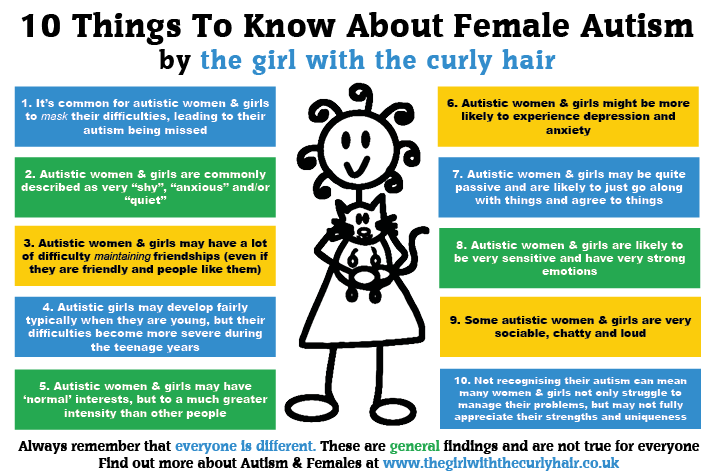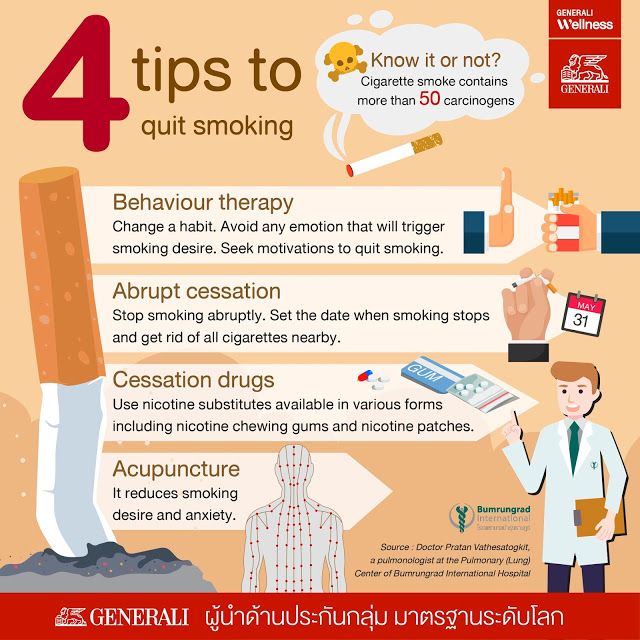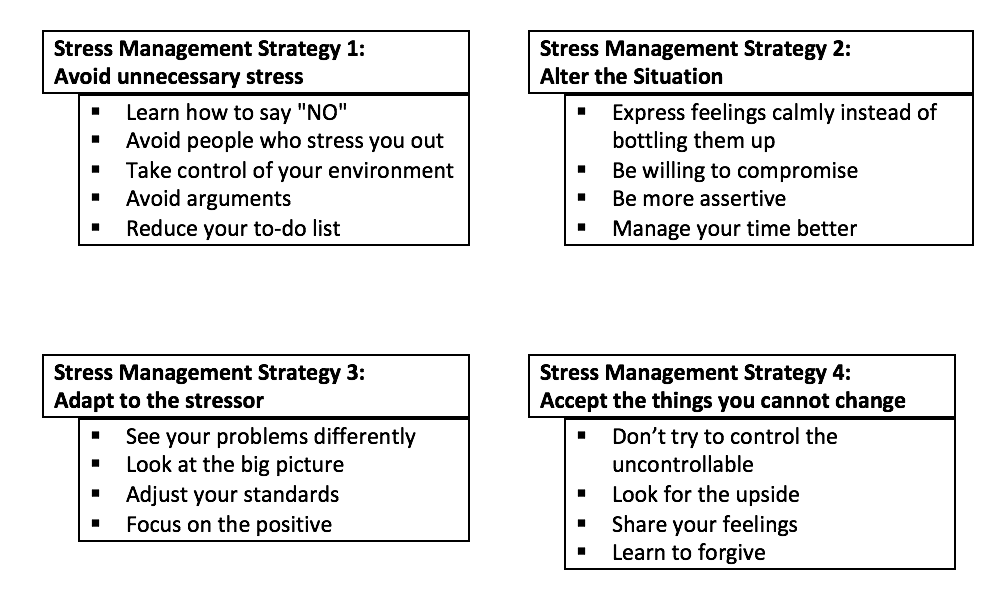How to overcome being cheated on
How to cope with being cheated on
Being cheated on sucks. It’s as simple as that – but the feelings that come with it are hardly ever simple. You feel betrayed, angry, embarrassed and completely heartbroken. It can make you question everything about yourself, your relationship and your life. But we’re here to tell you that it’s going to be okay – not immediately, but definitely soon. If you’ve found yourself in this situation, our handy tips will help you cope.
Remember: you are not to blame
No matter what’s gone down, it’s never your fault that someone cheated on you. People do hurtful things for a whole bunch of reasons – and maybe your partner can explain theirs – but those reasons have nothing to do with you. It can be really hard to remember this, but it’s super-important. So, we’ll say it again: you are not to blame.
Accept that things are going to suck for a while
You’ve had a rubbish thing happen to you – it’s going to take time to heal. Breathe, and accept that things are going to suck for a while. This doesn’t mean you have to like it, or that you agree with it. It just means that you’re not going to waste time fighting something you can’t change. Instead, focus on mending your heart.
Put yourself first
The most important person in this situation is YOU, so take care of yourself. Eat your favourite foods, watch your favourite movies or indulge in your favourite activities. Try to keep yourself from getting hurt any more than you already are. Your heart is probably a bit bruised and it doesn’t need to cop any more bad treatment.
Try to keep your cool
It’s tempting to lose your chops a bit and start firing off angry texts, but take a second to chill before you do anything. It’s definitely not worth getting yourself in trouble by messing with anyone. Leave the dramatic public displays of rage for the movies; instead, let off steam at the gym, on a jog or dancing to a killer playlist.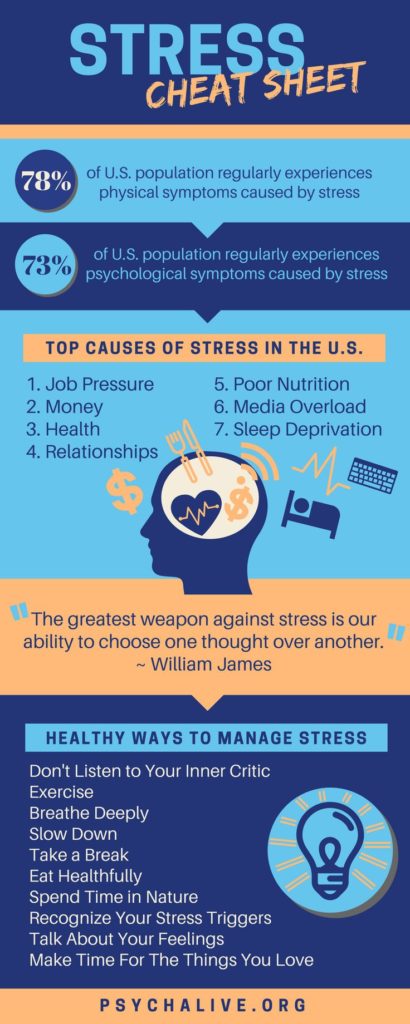
Don’t make decisions out of fear
There’s no right choice when it comes to staying with or leaving someone who’s cheated on you – you’ve got to do what feels right for your heart. But don’t let fear make the decision for you. It’s not a good idea to stay with someone because you’re scared to be single, or to leave someone you love because you’re afraid they’ll hurt you again. Take as much time out as you need to make the choice that feels right for you.
Surround yourself with your squad
You need your best gang around you when you’re trying to deal with a broken heart. Focus on people who’ve always had your back, who’ll listen to the full story and support you in whatever you decide to do next.
Take a mini-break from socials
It can be tempting to put your FBI skills to the test and trawl through social media. But, just don’t do it. Not only that, give social media a break for a little while. You don’t have to prove you’re still living your #bestlife, and all that FOMO isn’t what you need right now.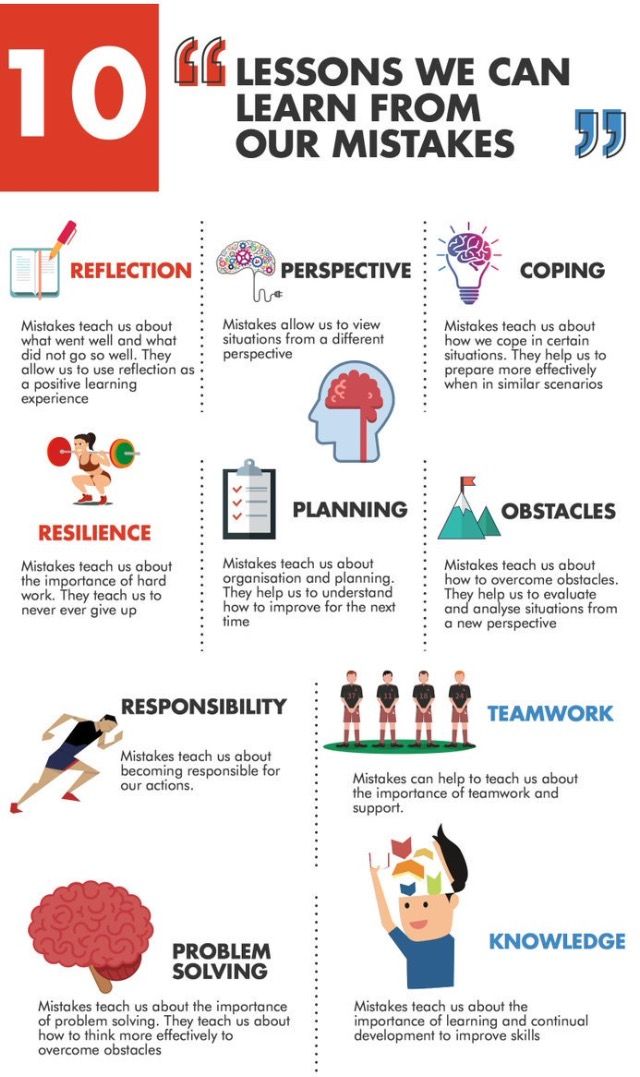
Ask for (professional) help if you need it
Professional psychologists recommend talking to a doctor as an important part of moving on from cheating. Whether you do it together with your partner or solo, getting an expert opinion from someone outside the situation can be a game-changer for healing.
Don’t jump to conclusions
Maybe you glimpsed a text message on your partner’s phone, or heard from a friend that they were up to something at the club. If you’re getting your information secondhand, it’s probably not the whole truth – no matter how much you trust the source. Gossip has never made any situation better. If you’re concerned about something, ask your partner directly before you jump to any conclusions. Having all the right intel will set you up to handle the situation like a boss.
How to Deal With Infidelity, According to an Expert
If you've been cheated on, you might be experiencing a whirlwind of emotions. You may feel devastated one moment and angry the next.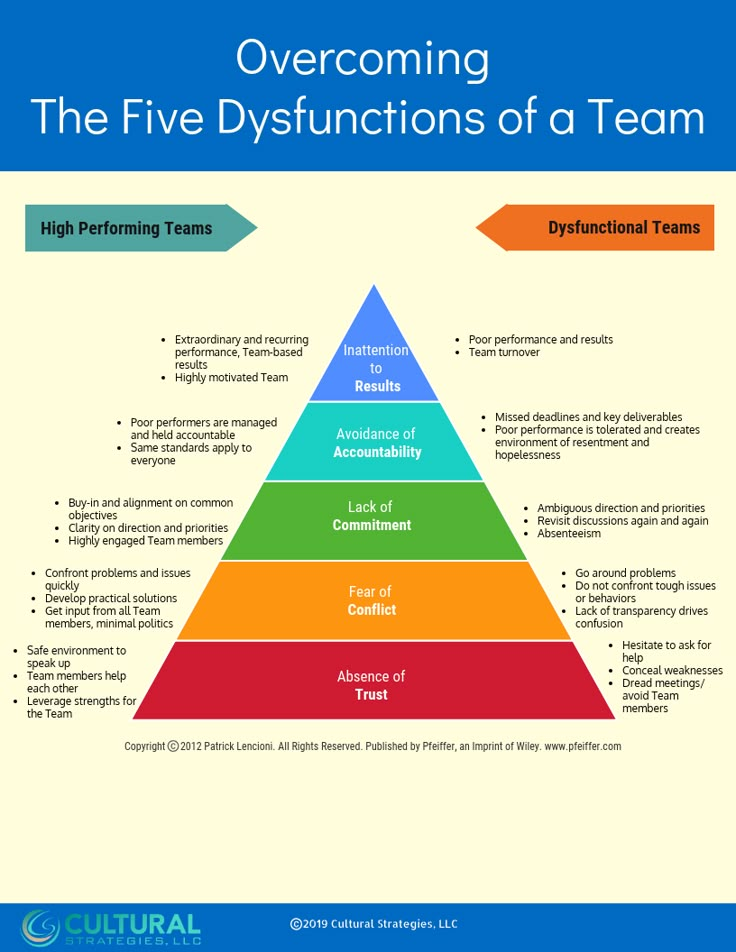 What's more, a broken heart can lead to a potentially overwhelming mix of feelings, including shame, doubt, confusion, and anxiety. Understanding and processing your emotions is an essential part of the process of healing from this type of hurt. As you begin your journey, it's important to remember that there's no one direct path to follow when recovering from a breakup, and some people might take longer to move through this process than others. Take the time you need to heal while also allowing yourself to grow and learn from the pain.
What's more, a broken heart can lead to a potentially overwhelming mix of feelings, including shame, doubt, confusion, and anxiety. Understanding and processing your emotions is an essential part of the process of healing from this type of hurt. As you begin your journey, it's important to remember that there's no one direct path to follow when recovering from a breakup, and some people might take longer to move through this process than others. Take the time you need to heal while also allowing yourself to grow and learn from the pain.
As sexologist Rob Weiss, PhD, explains, "Damaged relationships don’t heal overnight. Moreover, damaged relationships don’t heal simply because one party wants them to." As hard as it may seem, know that you are in charge of your own process and any closure you may need is entirely your own to give.
Meet the Expert
Robert Weiss PhD, LCSW, is a clinical sexologist and the chief clinical officer of Seeking Integrity, LLC. He is the author of Out of the Doghouse and Prodependence, and host of the Sex, Love, and Addiction With Dr.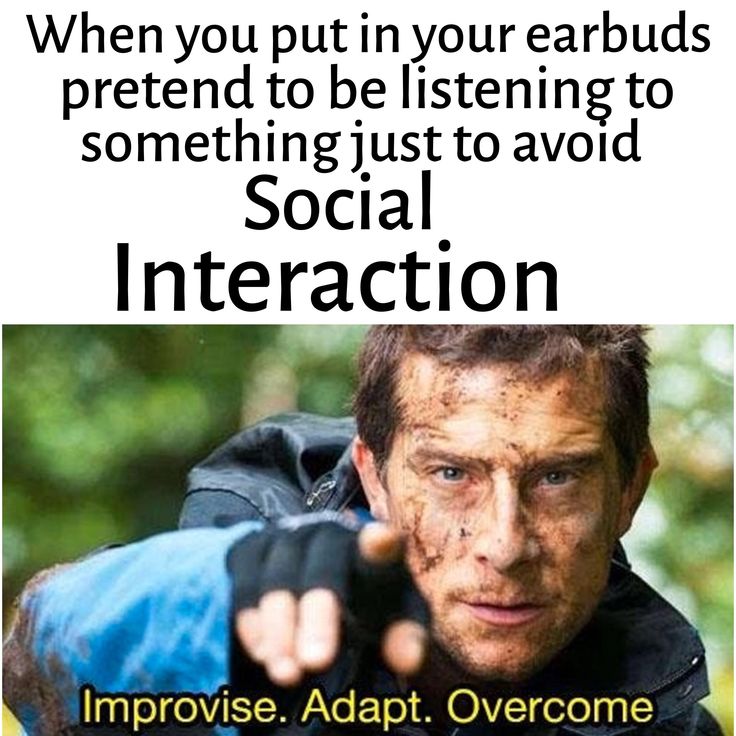 Rob podcast.
Rob podcast.
When trying to figure out how to deal with infidelity, these six steps can help you cope with what transpired and deal with the emotional roller coaster that follows betrayal.
Work Through Your Feelings
You’ll likely experience different emotions as you process what happened. For instance, it’s common to feel disappointed or betrayed after infidelity, so take a moment to recognize these feelings are normal. "In general, getting over infidelity follows the usual stages of grief: shock/denial; anger/defiance; bargaining; depression, remorse; and acceptance," explains Weiss. Rather than suppressing your emotions, work through them. Coming to terms with what happened is integral to the healing process. Maintaining a daily gratitude practice, like keeping a journal, allows one to self-heal over time.
Don't Blame Yourself
It's all too easy to blame yourself for what happened, but you're not responsible for your partner's actions.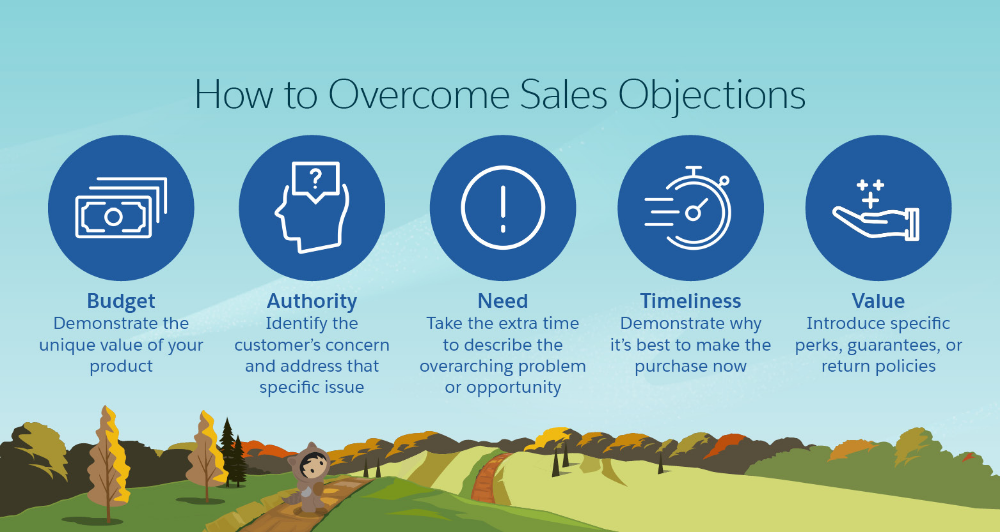 While some self-reflection can be beneficial to your own personal growth, spiraling into harsh self-criticism and excessive self-blame actually delays the healing process. Rather than finding fault with yourself or obsessing over what might have been, place the blame squarely on the cheater.
While some self-reflection can be beneficial to your own personal growth, spiraling into harsh self-criticism and excessive self-blame actually delays the healing process. Rather than finding fault with yourself or obsessing over what might have been, place the blame squarely on the cheater.
Don't Live in the Past
Are you questioning everything about your relationship, replaying conversations in an attempt to discover what went wrong? "There is an initial stage when the betrayed partner wonders what else she or he doesn’t know about," says Weiss. "It is very difficult to trust anything the cheating partner says or does in this stage." But obsessing over the past isn’t healthy or productive. Instead of dwelling on hypotheticals, focus on the future rather than negativity, working through all the stages of the healing process and eventually coming to forgive both them and yourself.
Think About What You Want
Moving on after infidelity means taking the lead on how you want to live your life.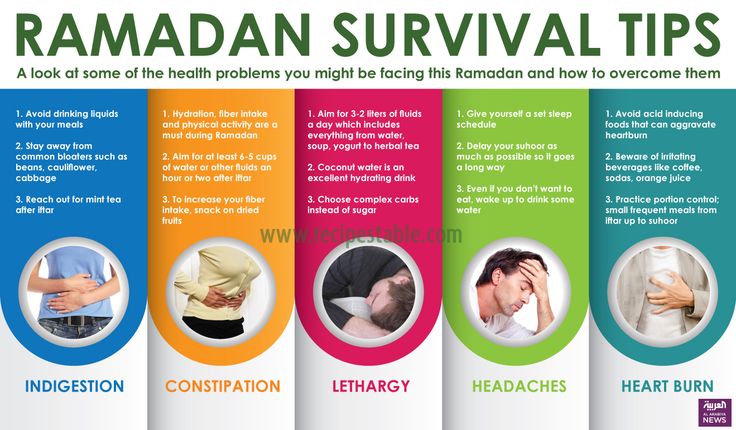 Do you want to break up with your partner, or do you want to work on your relationship? Weiss suggests weighing all of the factors: "First of all, has the cheating stopped? Have the lies and secrets stopped? Generally speaking, are there more positive than negatives to the relationship? Is the cheating partner ever going to be able to restore relationship trust? There is no set formula for deciding to stay or go, but these questions can provide clarity." These are important questions without right or wrong answers.
Do you want to break up with your partner, or do you want to work on your relationship? Weiss suggests weighing all of the factors: "First of all, has the cheating stopped? Have the lies and secrets stopped? Generally speaking, are there more positive than negatives to the relationship? Is the cheating partner ever going to be able to restore relationship trust? There is no set formula for deciding to stay or go, but these questions can provide clarity." These are important questions without right or wrong answers.
Regardless of what others say, your greatest concern should be yourself. For instance, if your partner’s actions are a deal-breaker for you, break up with your partner. On the flip side, you may feel hurt and betrayed by your partner but still want them in your life. "Betrayed partners should understand that it is normal to continue to love and care for someone, even after a betrayal," says Weiss. "Both parties have to want to rebuild trust and intimate connection.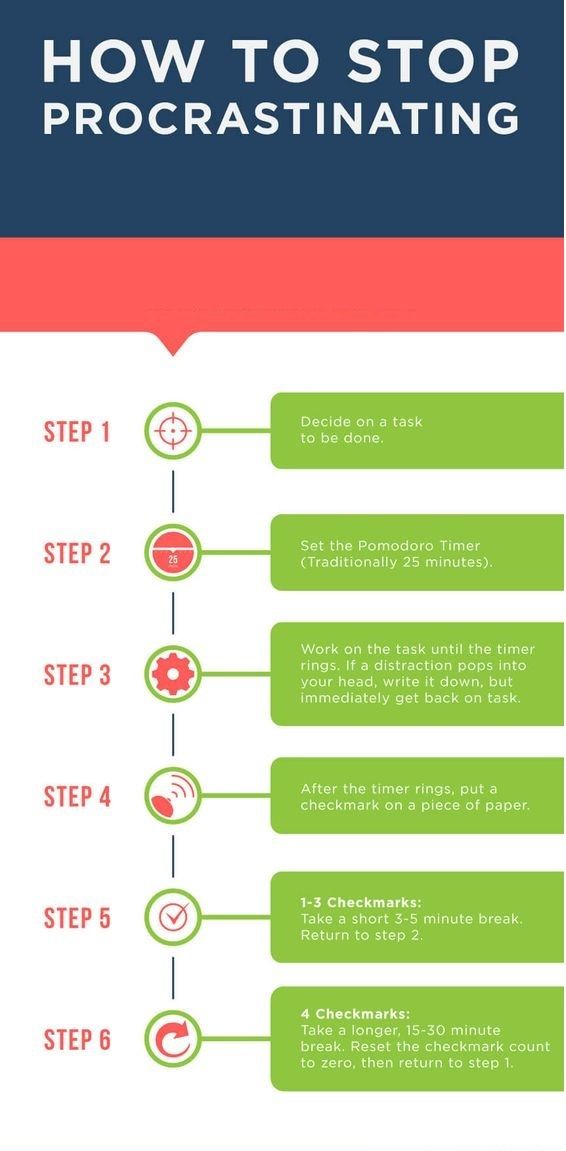 The good news is that after an infidelity, if both parties do their work in the process of healing, relationships can end up being stronger than ever—deeper vulnerability, deeper intimacy, and more rather than less support of one another."
The good news is that after an infidelity, if both parties do their work in the process of healing, relationships can end up being stronger than ever—deeper vulnerability, deeper intimacy, and more rather than less support of one another."
Or, then again, you may also not be sure what you want. That's okay. The decision is yours alone to make.
Regardless of your decision, try to ensure that it's being made from a place of healthy authenticity or "prodependence" rather than codependence.
Take Care of Yourself
When you’re dealing with something as life-changing as infidelity, this type of news can take a toll on you emotionally as well as physically. For instance, you may want to shut out the outside world and not see or talk to anyone. You may notice that you have difficulty concentrating at work or even find it hard to get the energy or desire to take care of yourself. But it’s imperative when faced with hardship and disappointment that you practice self-love and self-care during these difficult moments in your life.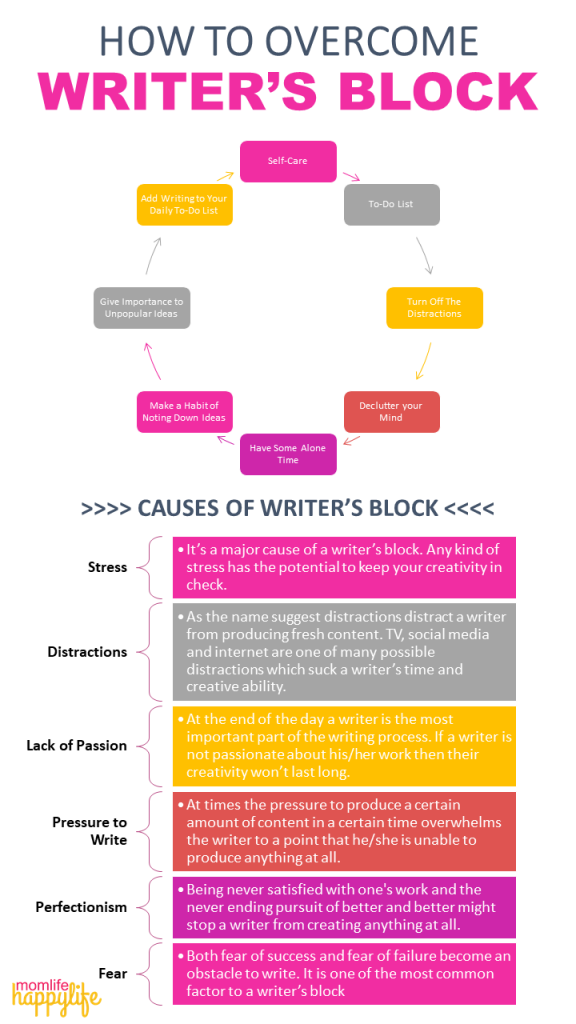
"I am a big fan of gratitude lists, exercise, journaling, and, of course, therapy and support groups for people in the same or similar situations," says Weiss.
Don't Be Afraid to Ask for Help
If you want to get over being cheated on, don't be afraid to lean on those around you for support. Being cheated on by your partner can make you feel isolated and alone. However, it would be best if you weren't afraid to reach out to friends and family after this has happened and surround yourself with people who care about you and your well-being. "Betrayed partners need support for the trauma they’ve experienced, and that support should not (and really cannot) come from their cheating partner," explains Weiss. "There is nothing worse than sitting alone after a betrayal with absolutely no one to turn to. [They] need support from empathetic others, people who understand what they’re going through. Without that, it is very difficult for them to process and work through their emotions.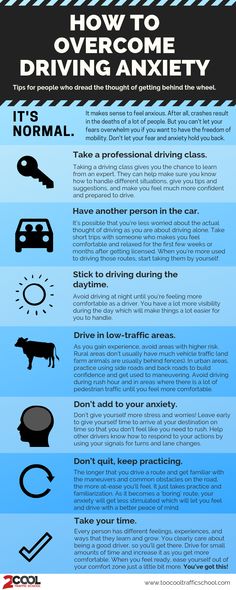 "
"
Plus, it would help if you also didn't hesitate to meet with a trained professional who can help give you personalized strategies to deal with your new reality. You don't have to face this alone, and having more people in your corner who have your back is only going to make it easier for you to see the light at the end of the tunnel. "There is no need to wait," says Weiss. "Find a therapist who can empathetically help you work through both your day-to-day distress and your longer-term relationship questions."
6 Essential Rules For Dating
How to survive infidelity - Poster Daily
Preprint
Why it hurts so much and where to get strength: 10 ways to help yourself survive infidelity sexologist Marina Travkova “Infidelity. Why do loved ones change, is it worth forgiving, is it possible to avoid. We are publishing a fragment of a book on how to take care of yourself and deal with the pain of infidelity.
The pain you feel when you find out about the betrayal shows that you are human and that you are a normal person.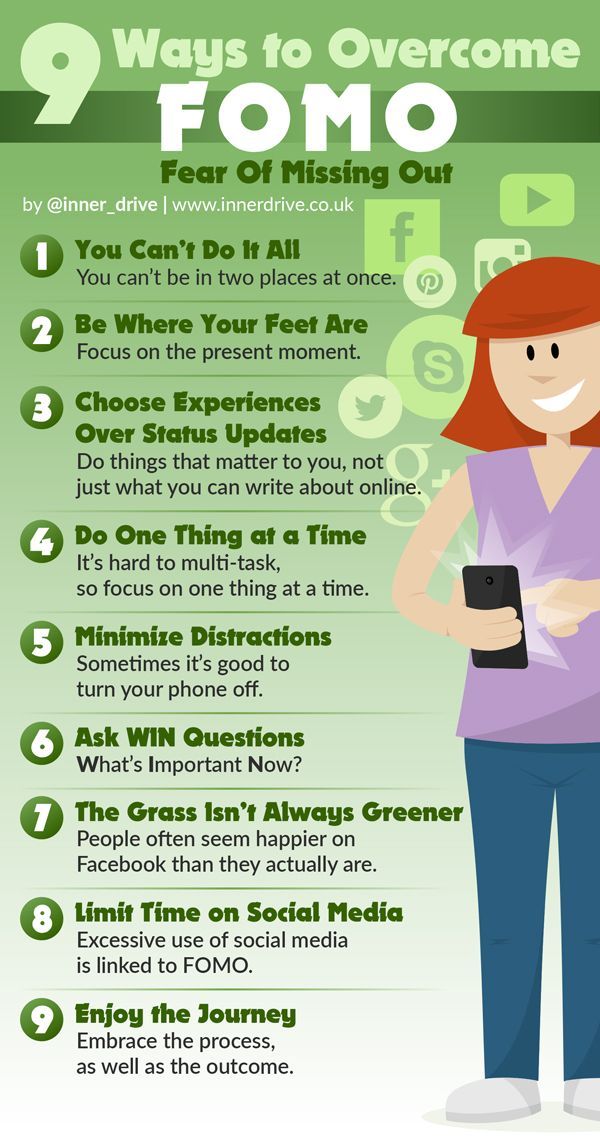 Pain is a signal: “this is wrong” and “it shouldn’t be like this.” It hurts not because you are weak, can't cope, or lack the pride to "cut off" and leave, but because you are a living person, because this relationship was dear to you.
Pain is a signal: “this is wrong” and “it shouldn’t be like this.” It hurts not because you are weak, can't cope, or lack the pride to "cut off" and leave, but because you are a living person, because this relationship was dear to you.
“But he is right,” clients tell me over and over again in approximately the same text, “because he told me that he did not like this and that, and if I knew ...” Yes, hindsight is almost always possible remember all sorts of signs foreshadowing trouble: complaints, dissatisfied looks, sighs about weight and age, statements that “we live somehow insipidly”, or others that “I want a bright life”. But does this relieve your partner or partner of the responsibility for direct and clear expression of their feelings? Apart from complaints, were there alternatives offered?
Quite often we underestimate the cumulative effect of quarrels. They may seem petty, and if reconciliation comes after them, it’s hard to understand why saying “take out the trash” 199 times was a reason for conflict, but then reconciliation, but the 200s led to flirting with “such an economic neighbor, who, probably, , there is nothing to be reminded of"? And yet, none of us can read other people's minds. And such a “pattern of communication”, where one is offended, but at the same time he waved his hand and is silent for a long time, and the other does not even realize that they are “hoarding” annoyance at him (or guesses, but does not guess about the scale), - such a “pattern” of a couple put together, so the responsibility for this can be safely divided into two.
And such a “pattern of communication”, where one is offended, but at the same time he waved his hand and is silent for a long time, and the other does not even realize that they are “hoarding” annoyance at him (or guesses, but does not guess about the scale), - such a “pattern” of a couple put together, so the responsibility for this can be safely divided into two.
Relationships are always built by both parties. How they reached a dead end (if it is a dead end) and why and what is your role in this - this can be analyzed.
But if they were unfaithful to you, and your analysis begins with thoughts about what your fault is, stop. This is the act of the initiator of treason. He himself is to blame.
Life goes on. Not all of us can afford to be sad for a few months, drop everything and leave. We have things to do, work, responsibilities, children. You have to live somehow. But it will be easier if you don't pretend that everything is the same as always . Especially if it's not like that at all. This is a difficult period, and it needs strength. This is not a sprint, but rather a marathon with stops. Therefore, it is better to immediately accept that you are "sick" and start taking care of yourself.
Especially if it's not like that at all. This is a difficult period, and it needs strength. This is not a sprint, but rather a marathon with stops. Therefore, it is better to immediately accept that you are "sick" and start taking care of yourself.
Do not expect exploits from yourself
Treat yourself as a person who bears the disease on his feet. After all, if you had the flu, a temperature above 38, or a broken leg, you would understand the need for treatment or the impossibility of pole vaulting tomorrow. Unfortunately, many people, having received the trauma of rejection - having learned about the betrayal of a partner, try to save face - behave as if nothing had happened, maintain the same pace and rhythm of life.
Mental anguish costs strength - do not consider it weakness. Don't consider it a lack of will. Stop reproaching yourself for the fact that your heart is not made of stone , for the fact that you loved and probably still love. Emotional experiences cost strength, and these forces need to: a) spend less, b) replenish more. You can spend less by postponing or removing from your life some things that are not the most necessary and not too pleasing to you.
Emotional experiences cost strength, and these forces need to: a) spend less, b) replenish more. You can spend less by postponing or removing from your life some things that are not the most necessary and not too pleasing to you.
Make up for more - pampering yourself, taking care of yourself, giving yourself little joys: everything that is available to you, everything that can cause at least some positive emotion. A cup of your favorite tea? Book? A conversation with a close friend? Sport? Taking care of yourself is the first and surest remedy.
Don't be alone
Ask for help from people you trust. Create a list of people who can come to your aid. Perhaps someone can distract you and take you to the cinema. Someone to lend money if needed. Someone can just sit next to you while you cry. Most importantly, don't be silent and don't be alone. Who can you call in critical moments? Maybe someone will look for a psychologist for you, and someone will bring valerian. Don't isolate yourself.
Don't isolate yourself.
But! In no case do not share your feelings with people who are trying to explain to you that you yourself are to blame.
Do not listen to anyone's version of why what happened to you and your couple or family happened. All people look at the situation through the filters of their experience, but no one knows it better than you, so advice is of little relevance here. Often, when infidelity occurs, the injured party tries to rely on the extended family: on their relatives or partner. Unfortunately, in our reality, this is one of the surest ways to get additionally injured. The relatives of your partner or partner, and even your own, are people who probably care about both you and your half. So it is more difficult for them than for anyone else to remain neutral in this situation. Their first reaction may be - why is he/she doing this to you? It may seem to them that if they find the cause in you, then everything can be corrected through you. Don't let these kinds of thoughts enter your brain.
Physical activity
Mandatory. Any sport available to you, as well as long walks. Even if you don't want to get out of bed and move. Even if there is no money for a subscription to a fitness room. Move. Leave early and walk a couple of stops. Turn on the music and dance. Run in the morning. Push up from the floor. Even a few squats - and they will save every time they "cover".
Nutrition
Yes, this is one of the important components in the fight against acute stress. You need to eat, even if you don't feel like it. Four times a day - and make sure that the food is varied and includes fruits and vegetables. If you are one of those who tend to "seize stress", especially follow the usefulness of the diet. And drink more water. Imagine you are experiencing stress right now. Your body works like a small biochemical factory, in your blood now, most likely, there is a cocktail of stress hormones . Meals and liquids (healthy liquids, not alcohol!) reduce their concentration in the blood, and it becomes easier.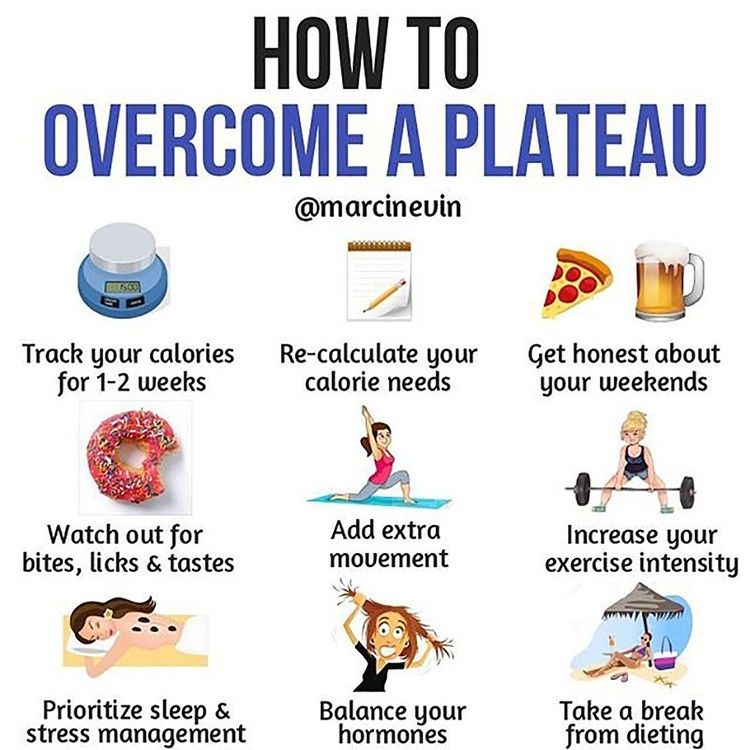
Pharmaceuticals
If you have difficulty with sleep, appetite, you experience irritation, lethargy, tearfulness, then you should not neglect a visit to a doctor: a therapist, neurologist or psychiatrist. It is they who can prescribe sedatives, sleeping pills, and nervous system strengthening agents that are right for you.
A doctor is needed for more than just writing a prescription. The reaction to the drug is always individual. The specialist must remain in contact with you to understand how you will react to this or that remedy, so that he can adjust the dose or change the remedy in case of intolerance.
Dealing with obsessive thoughts
Many cheating survivors complain that they can't get rid of the thoughts that creep into their heads uncontrollably - about the partner, about what happened, how much they deserved it and why it all happened. This "thinking chewing gum" does not give rest, interferes with concentration and work, and with a rich imagination, it can give rise to more and more fears. One of the simple and accessible ways is to talk about what happened with a person who is accessible to you, reasonable and on your side. Talking to friends or girlfriends - it helps, but only partly.
One of the simple and accessible ways is to talk about what happened with a person who is accessible to you, reasonable and on your side. Talking to friends or girlfriends - it helps, but only partly.
There are other ways: for example, write letters to your abuser. But - and this is important! — do not give them to him. The technology is quite simple: you write a letter to the wrong partner / partner or to the one with whom they were unfaithful to you. Write without censorship, without restraint in expressions, without choosing a style. Pour on paper everything that is and how it is. Then you put this letter aside (just make sure that it does not catch the addressee's eyes), take it the next day, read it as if you were the recipient. Then answer yourself / yourself on his or her behalf in the way you think you would be answered, also without choosing expressions. In a day, take this answer, read it as if you were really answered, and write your own on it. And so you can "correspond" until you run out of emotions or some logic of what happened and how you feel about it becomes visible in the letters.
If you get stuck while doing this task - you write for a long time, get even more upset, then limit yourself in time. Set a timer for 10-15 minutes and tell yourself that this is the time in which you should express your thoughts. As soon as it rings, you stop, even if the phrase breaks off in mid-sentence. It also helps to keep a diary if you like this way. Better not arbitrarily, but using diary practices.
Pleasures
Cheating devastates emotionally. Perhaps you will have days when it will seem to you that there is not a drop of joy left in the world. It is all the more important during this period to turn to everything that you love and that brings this joy. To every possible little thing. Delicious cake? Extra hour of sleep? Favourite song? Imagine that in your place, in exactly the same situation as you are now, there was someone very dear to you and loved. Your girlfriend, sister or even daughter. And her reactions are the same as yours now. How would you take care of her? What would you like to do for her? If you have an answer, do it for yourself. A massage, a new haircut, shopping - all means are good if they make you happy.
A massage, a new haircut, shopping - all means are good if they make you happy.
Sleep disturbance is one of the most alarming signs that should not be ignored. In a dream, we restore our resources, and a stressful situation spends them many times over. So you need more sleep. Nightmares at first time are normal, but if you fall asleep badly and wake up in a bad and depressed mood, if your sleep is interrupted, if you jump up from something like panic or pain in your heart and cannot fall asleep for a long time - then pay attention to the point about pharmaceuticals and to the next paragraph.
"Eat Pray Love"
Don't take this literally. This phrase is the title of a book by Elizabeth Gilbert, in which the heroine makes sense of herself after a divorce. The central message of the book is simple - life is wonderful and it goes on no matter what. Try new things consciously and thoughtfully. New experiences, new people, new places - everything you come into contact with will allow you to learn something new about yourself. What do you like or dislike. What are they capable of or not. Live, not just
What do you like or dislike. What are they capable of or not. Live, not just
walk through the days as a gray shadow and meet the world around you. Even if traveling, changing jobs and other life circumstances are not available to you, you can always organize novelty with less effort: move furniture, change curtains. Once I talked with a person who considers himself a shaman, and received advice.
When we walk around the apartment along the same paths, and along the street - the same routes, then we become visible to demons, and they pursue us, and with them - troubles and sorrows. So confuse your demons! Park in an unusual place, go to the store the other way, change the brand of perfume - shake it off yourself, because the demons are looking for us by the smell of sadness that has settled on the usual routes of our soul.
I don't have to be a shaman to tell you that our brains are neuroplastic. When we "feed" it with new things - tastes, touches, impressions, activities - it builds new neural connections, and the more of them, the easier it is for us.
Help from specialists
It's not a shame! You must understand that the nervous system may need the same attention as, say, the skeletal system, that is, your skeleton. If you twist your finger or break your hand, you will definitely go to the doctor. If your nervous system fails, you need a doctor too! If you cannot get sleep for a long time, you have increased anxiety, depressed mood, irritability, loss of appetite, unwillingness to communicate with people, apathy, headaches, panic attacks (rapid heartbeat, fear, lump in the throat, it is difficult to breathe - as if out of the blue), suicidal thoughts - you need a therapist or psychiatrist. The word "psychiatrist" in this context does not mean that something is wrong with you or that you are crazy. The spectrum of diseases that are not diseases of the mind, but are diseases of situations - reactions to acute grief, to catastrophic events - are treated with medication, this is the medical field. And to help you get through the loss, experience strong feelings and make new plans - all this can be done with a psychologist. Remember that asking for help in a difficult situation is not a sign of weakness. The ability to calculate one's strength and understand their limit is a sign of adulthood . And, most importantly, in the most difficult moments, remember: the night is darkest just before dawn. Everything really does pass.
Remember that asking for help in a difficult situation is not a sign of weakness. The ability to calculate one's strength and understand their limit is a sign of adulthood . And, most importantly, in the most difficult moments, remember: the night is darkest just before dawn. Everything really does pass.
Publishing House
Bomborchi
Tell friends
people
Elizabeth Gilbert
How to survive betrayal, forgive the traitor and live on
356 569
Relations and Women crisis of relations
“Many of my customers come to the appointment with a similar problem,” says family therapist Andrew J. Marshall. “Having survived the betrayal of a loved one, they decide to save the relationship, but even if everything looks good in a couple, many still periodically return to what happened in their thoughts and cannot completely forgive their partner.”
In such cases, he advises to write down and analyze your thoughts and emotions, as this will help you manage them.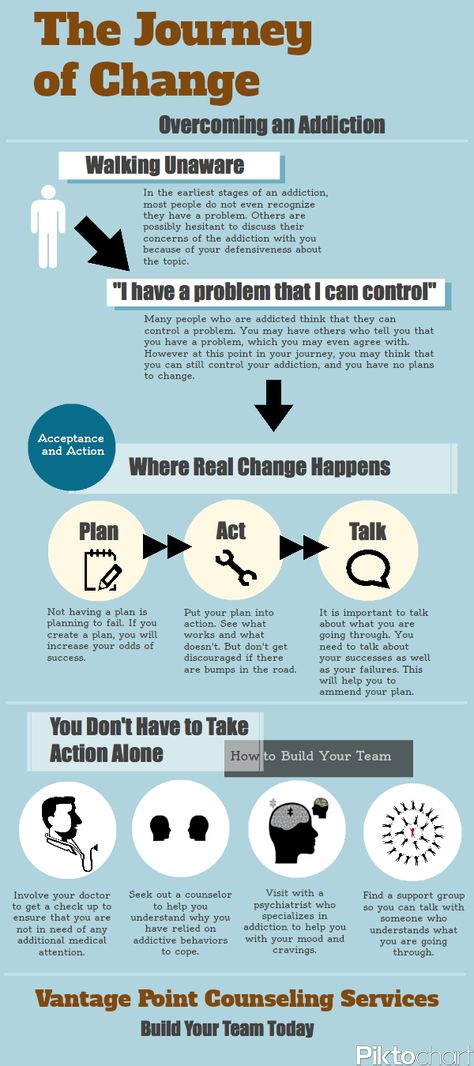 And in working with such clients, he uses an approach based on five simple techniques.
And in working with such clients, he uses an approach based on five simple techniques.
Accept your feelings
Please don't reproach yourself for not being able to magically leave it all in the past and move on as if nothing had happened. Perhaps your husband's infidelity has been the biggest shock in your life so far and it poses a serious threat to your well-being, so I'm not surprised that the pain keeps coming back and the same thoughts are spinning in your head. And you still can't understand how this monstrous betrayal could even happen.
Action #1
Saying your feelings out loud instead of letting them rage inside forever is really helpful. Tell yourself, "I feel angry, I'm worried, I'm confused" or something else. You don't have to do anything about these feelings - just acknowledge them.
Sometimes I ask my clients to start keeping a diary of feelings, where they record the time, the feeling and the reason that caused it at the moment
Keep it for several days or weeks, and you will find certain patterns. Believe me: if you notice your feelings, observe them, and do not suppress them, they will gradually weaken and become more manageable over time.
Believe me: if you notice your feelings, observe them, and do not suppress them, they will gradually weaken and become more manageable over time.
Work on your thoughts
Many feelings arise as a result of our thoughts. We tend to believe everything that our inner voice broadcasts as the ultimate truth. However, he often exaggerates or combines events from different life situations to provide us with irrefutable evidence that life is over. (I call this "catastrophic thinking.")
Practice #2
Don't let bad thoughts poison your life, write them down. Write as if your inner voice is dictating to you. And when you write everything, word by word, you will see that there is nothing particularly frightening there. Go back to the beginning of the text and look for exaggerations. For example, you wrote: "I'm so tired of thinking about cheating every day." I would be hooked by the phrase "every day." I think the word "often" reflects reality more accurately.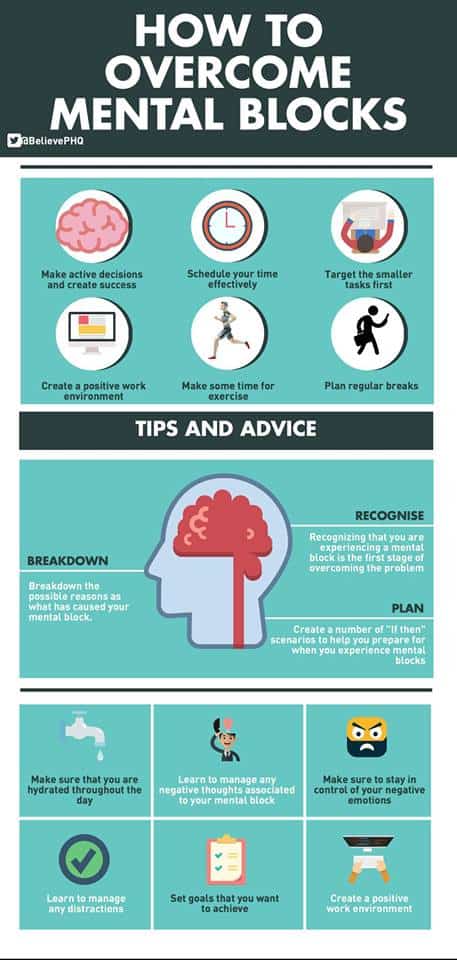
I know it's a minor change, but the new word doesn't feel so helpless anymore, does it?
And then you might want to add a few clarifications. And write: “I often think about cheating and sometimes feel exhausted after it, although it also happens that after that I feel better.” I guess that the latter option is not only softer, but also more accurate. Reread the text again and pay attention to “always”, “never”, “should”, “should” and other words from the category of black and white vocabulary.
Think about what these memories want to tell you
You remember your husband's infidelity for a reason. Not because you are a bad person and are not able to forgive the betrayal of a partner or do not want to save the marriage. Most likely, your feelings are trying to tell you that some issues remain unresolved and that your relationship needs to be given more attention.
For example, your sex life has become too insipid, or your husband is constantly in conflict with your daughter, and you are forced to be torn between them, as if between two fires. If you continue to ignore these warning signals, your unconscious mind will send them over and over again.
If you continue to ignore these warning signals, your unconscious mind will send them over and over again.
Session #3
Go back to the diary entries that your inner voice dictated to you. Once you've filtered out the exaggerations, you're left with a few fairly straightforward tasks.
For example, balance work and home life; go out somewhere together, because you have not done this even once in the last couple of months. Since you have already guessed what the memories are telling you, it would be quite logical to take practical steps to solve these problems. For example, turn off the phone after 9pm or book a table at your favorite restaurant.
Stop expecting the impossible from your partner and live on
If a person works as a secretary in the reception, you can hardly count on him to balance correctly or conduct excellent business negotiations. But I sometimes meet pioneers who expect from their partner some special spiritual subtlety, the ability to be aware of their own and other people's feelings, which in no way corresponds to his upbringing and character traits.
In particular, to the question “Why did you need this novel?” in many cases, the answers will be incomprehensible, simply because up to this point no one has asked a person about motivation. You may be counting on your partner to listen and sympathize even when you get angry, criticize, or shame him, when what he needs most right now is to work with a therapist who can get through the shell to the person who is looking for support.
Reception No. 4
We tend to see our partners as we like to see them, rather than as they really are. And yet, for some reason, we are sure that they think exactly the same as we do. Although girls are usually raised differently than boys, the appearance of children affects women and men differently. Try to accept in a partner not only his strengths, but also his shortcomings. Be aware that there is something impossible for him, beyond his strength.
Get rid of perfectionism
The most destructive of all emotions is shame. You will feel embarrassed for the recent tantrum or outburst of anger, and even more ashamed of you for being cheated on, and for the fact that you, apparently, are not good enough.
You will feel embarrassed for the recent tantrum or outburst of anger, and even more ashamed of you for being cheated on, and for the fact that you, apparently, are not good enough.
Since this feeling is unpleasant for us, we try desperately to avoid it. The most typical way is to try to be perfect in everything and hope that this will protect us from possible future suffering. We try to be the best for our partner and hope that he too will turn out to be the perfect repentant sinner.
I also often meet people who portray their relationship before their betrayal as ideal and then become doubly angry at their spouse, who ruined this whole idyll.
Reception No. 5
I like the phrase of the German philosopher Immanuel Kant: “You can’t cut anything straight out of such a crooked log as a person.” In other words, we cannot be perfect because we are human. And when we make a mistake or fail to achieve the impossible, we are nonetheless ashamed of it.
Returning to the first point, take this feeling in yourself and analyze the thoughts that arise about this.

